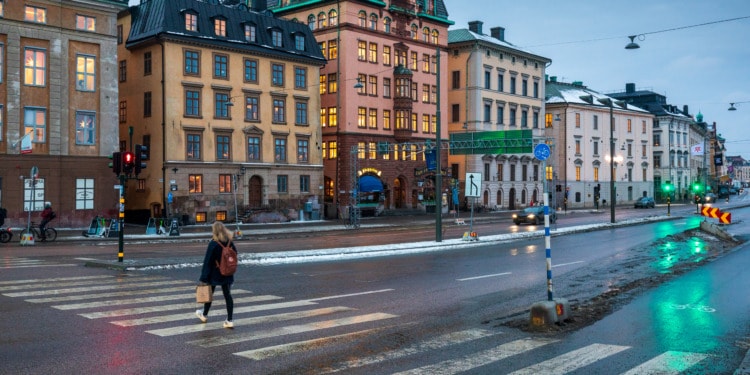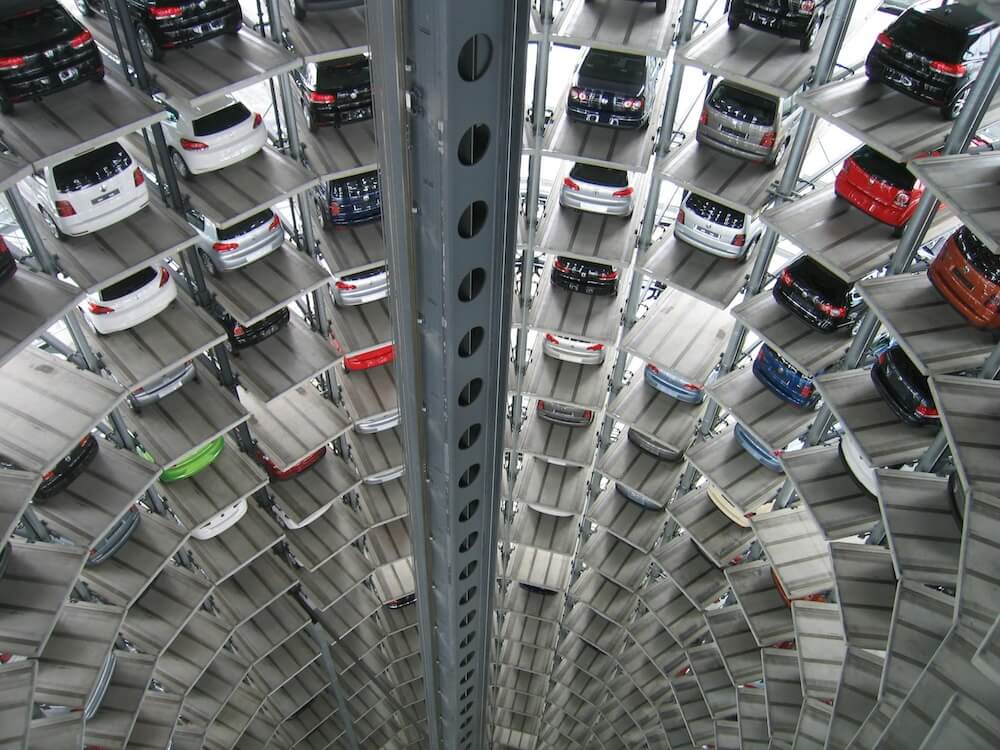Stockholm, the capital of Sweden, is set to ban petrol and diesel vehicles from significant parts of its city center from 2025, its vice mayor for transport Lars Stromgren said. The ambitious move is a concerted effort to combat air and noise pollution, and accelerate the transition to cleaner transportation.
“Nowadays, the air in Stockholm causes babies to have lung conditions and the elderly to die prematurely. We need to eliminate the harmful exhaust gases from petrol and diesel cars. That’s why we are introducing the most ambitious low-emission zone to date,” said Stromgren.
The plan is to set up a “class-three environmental zone” from 2025 — covering 20 blocks of Stockholm’s inner city, including premier shopping streets and prime office locations — where only electric vehicles will be allowed.
“We have chosen an area where large numbers of cyclists and pedestrians are exposed to unhealthy air on a daily basis. It is also a part of the city that is home to forward-thinking companies that are keen to lead the transition to a more sustainable future,” Stromgren explained.
Exceptions will be made for larger vans, allowing plug-in hybrid vehicles to operate within the zone. Vehicles like ambulances, police cars, and those where the driver or a passenger has a documented disability will also be exempt from the regulation.
Related Articles: EU Bans the Sale of CO2-Producing Cars After 2035 | Second-Hand Cars – Out of Sight, Out of Mind | Challenging the “License to Pollute”: The Fight Over Emissions Standards in the EU | Europe’s Transition to Electric Vehicles: How It’s Going, and What Lies Ahead | Traveling Across Europe in an Electric Car
Apart from tackling the air and noise pollution problems, the environmental zone also aims to encourage the adoption of fully electric vehicles, setting a bold precedent. Sweden’s Green Party, a key part of Stockholm’s ruling coalition of parties focused on the environment, which is spearheading this groundbreaking initiative, hopes that their plan will help accelerate the transition to electric vehicles.
The Green Party also hopes to eventually expand the environmental zone; a decision regarding its expansion will be made in early 2025.
What do the plan’s opponents say?
The representatives of the Swedish transport industry say the plan is too radical and argue for a gradual and voluntary approach: Investing in electric charging infrastructure to incentivize voluntary changes in the transportation landscape.
“Since 2010, we have reduced emissions by 34%. But the Green party and their colleagues in the city of Stockholm are now in far too much of a hurry,” said the Swedish Confederation of Transport Enterprises.
Similar initiatives around the world
Stockholm’s plan is set to mark a historic milestone, making it the first city in Sweden to introduce a class-three environmental zone. But what about other cities around the world?
“Many cities have implemented low-emission zones where high-emission cars are allowed to drive if they pay a charge,” Stromgren said. Other cities, like Athens, Madrid, and Paris, only banned diesel cars from their city centers.
“Stockholm’s model is more far-reaching. Petrol and diesel cars are prohibited, period. It is more ‘ultra’ than the ultra-low emission zone of London,” Stromgren concluded.
Editor’s Note: The opinions expressed here by the authors are their own, not those of Impakter.com — In the Featured Photo: The city of Stockholm, Sweden. Featured Photo Credit: Wikimedia Commons.














